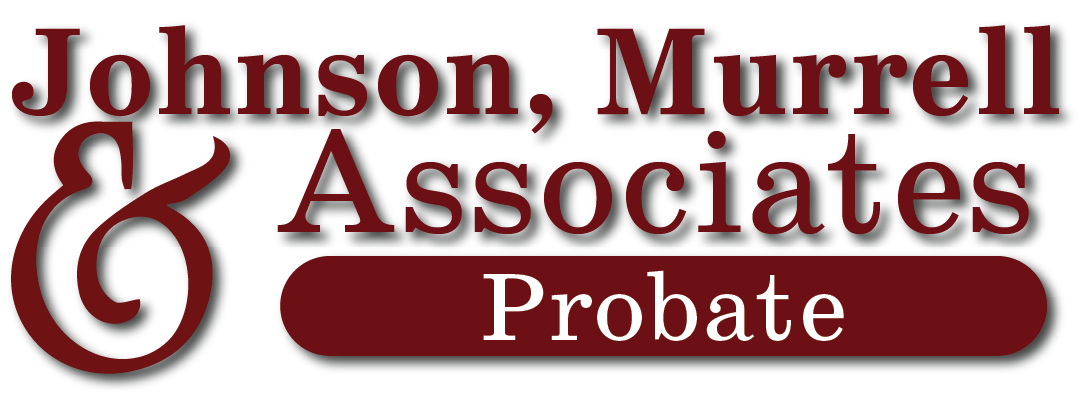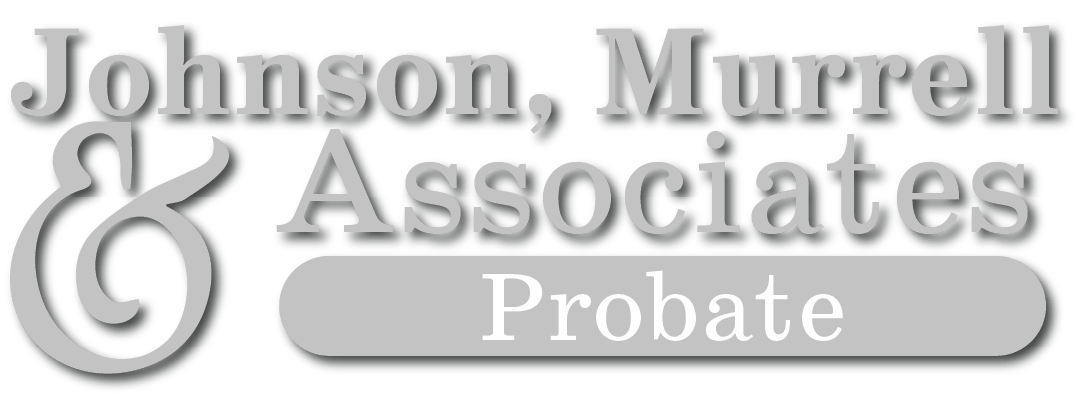When a loved one passes away, you may have questions about their final medical bills and insurance premiums. Dealing with health insurance after a family member’s death is an important but often overlooked task. We’ve prepared this guide to help you navigate the process of ending a deceased relative’s health insurance and ensuring proper closure of their affairs.
Proactive cancellation avoids financial consequences for the estate. The process differs for Medicare and private insurance. For private insurance, gather documents, contact the provider, and follow their cancellation process. If applicable, you’ll want to ensure continuous coverage for dependents.
Do You Need to Cancel Health Insurance?
Many people believe that health insurance coverage automatically ends upon a person’s death, but this is not the case. Failing to cancel health insurance after someone dies can have financial consequences for the deceased’s estate. The estate may continue to receive bills for premiums, potentially depleting assets that should be distributed to beneficiaries.
Proactive cancellation avoids these financial burdens and ensures proper closure of the deceased’s affairs. It’s important to contact the insurance provider promptly to initiate the cancellation process. This typically involves providing a death certificate and other relevant documentation.
For Medicare recipients, the process may be simpler, as the Social Security Administration (SSA) often handles the reporting of death and subsequent cancellation of benefits. Keep in mind that, for private insurance policies, it’s the responsibility of the deceased’s representatives to take action and cancel the coverage in a timely manner.
Medicare vs. Private Insurance
Medicare is a federal health insurance program primarily designed for individuals aged 65 and older, as well as some younger people with specific disabilities or conditions. Unlike private insurance, Medicare is administered by the government and typically offers more standardized coverage options.
When a Medicare beneficiary passes away, the process for reporting the death to the Social SSA is relatively straightforward. Often, the funeral director handling the arrangements can report the death to the SSA as part of their services. This reporting can usually be done online or by phone, streamlining the process for grieving families.
Once the SSA is notified of a beneficiary’s death, Medicare coverage is typically canceled automatically. This automatic cancellation is a key difference from private insurance, which often requires active termination by the policyholder’s representatives.
Canceling Private Health Insurance
Ending private health insurance is especially tricky when the deceased is part of a family plan. You’ll likely want to adjust the policy premiums without incurring a loss of coverage for the dependents on the plan.
In any case, canceling a private health insurance policy after someone’s death involves several important steps. First, gather all necessary documents, including the death certificate and policy information. These will be crucial for verifying the policyholder’s passing and identifying the specific insurance details.
Next, contact the insurance provider directly. You can usually find their contact information on the policy documents or insurance card. When you reach out, inform them of the policyholder’s death and express your intention to cancel the policy.
During this communication, the insurance representative will guide you through their specific cancellation process. Be prepared to provide essential information such as the policyholder’s:
- Name
- Policy number
- Date of death
You’ll also need to state your relationship to the deceased.
The insurer may require you to submit a written cancellation request along with a copy of the death certificate. Follow their instructions carefully to ensure all necessary documentation is provided.
After submitting the required information and documents, request a written confirmation of the cancellation from the insurance company. This confirmation should include the effective date of cancellation and any other relevant details.
Finally, inquire about any potential premium refunds for prepaid coverage periods. If applicable, ask about the refund process and expected timeline. Additionally, be prepared to address any final bills or outstanding claims related to the policy.
Throughout this process, keep detailed records of all communications, including dates, names of representatives, and any confirmation numbers provided. This documentation can be invaluable if any issues arise later.
When There Are Dependents
The loss of the primary policyholder doesn’t mean dependents should be left uninsured. It’s crucial to maintain continuous coverage for those dependents when canceling a deceased relative’s health insurance with dependents still on the plan.
Dependents typically have a few options. They may be able to continue coverage under the current plan through provisions like COBRA, which allows for temporary continuation of group health coverage. Alternatively, they can seek new coverage through the Health Insurance Marketplace or private insurers.
Fortunately, the loss of coverage due to the policyholder’s death qualifies dependents for a Special Enrollment Period. This 60-day window allows them to enroll in a new health plan outside of the standard Open Enrollment Period. During this time, dependents can explore various options, including individual plans or family coverage if there’s another adult who can become the primary policyholder.
It’s important to act quickly to ensure there’s no gap in coverage for the dependents, as continuous health insurance is vital for their well-being and financial security.
Additional Considerations
When canceling a deceased relative’s health insurance, it’s important to consider other insurance policies they may have had. Check for policies that may need to be addressed, such as:
- Life insurance
- Disability insurance
- Supplemental health coverage
These policies could provide additional benefits or require separate cancellation processes.
If the health insurance was provided through the deceased’s employer, notify the company’s human resources department promptly. They can guide you through any specific procedures for terminating coverage and may assist with information about the potential continuation of benefits for dependents or conversion options.
Additionally, review any automatic payments or bank drafts associated with insurance premiums to ensure they are stopped. This comprehensive approach helps ensure all insurance matters are properly handled during this difficult time.
Johnson, Murrell & Associates Can Help
Johnson, Murrell & Associates stands out as the premier choice for probate assistance in East Tennessee due to our extensive experience and specialized expertise. With over 40 years of probate work in Tennessee, we possess an intimate understanding of each county’s unique requirements.
Our team of seasoned attorneys brings a wealth of knowledge in estate planning, real estate, and probate law. We’re committed to guiding you through the complex and emotionally taxing probate process with compassion and professionalism setting us apart.
Our comprehensive approach covers all aspects of probate law, ensuring that your rights are protected at every stage of the process.

When canceling a deceased’s health insurance, act promptly to avoid estate complications. Medicare cancellation is often simpler, while private insurance requires more steps. Gather necessary documents, contact the provider, and follow their process. Maintain coverage for dependents and address related insurance matters. For probate assistance in East Tennessee, consider Johnson, Murrell & Associates’ expertise.
At Johnson, Murrell, & Associates, we understand that handling a loved one’s estate and bills after their passing is an emotional, stressful experience. Our job is to make your life easier, which means guiding you through the process so you understand what’s to come. To schedule a consultation, call us at 865-453-1091 or schedule an appointment.



